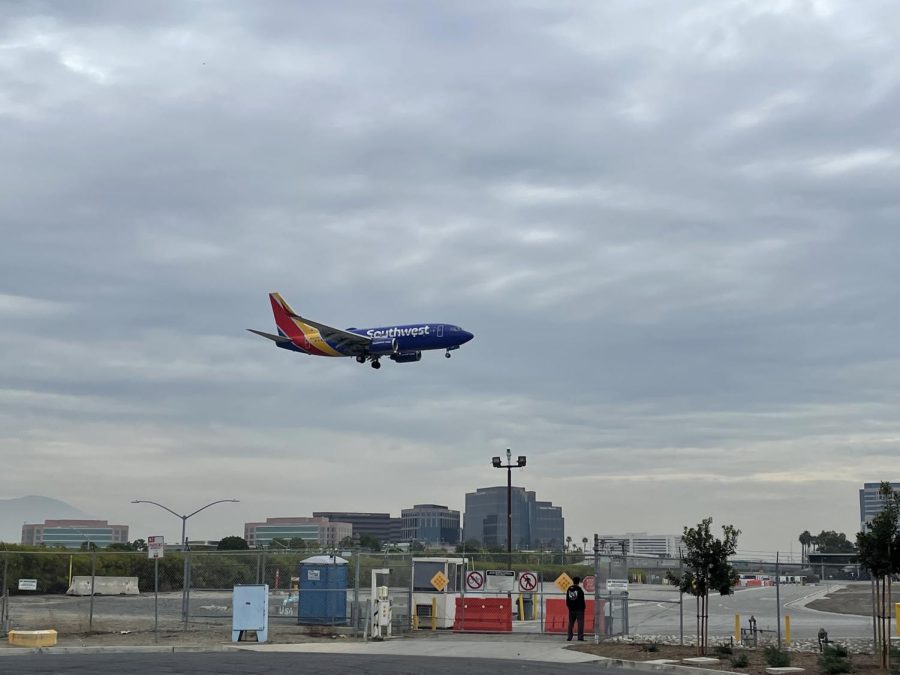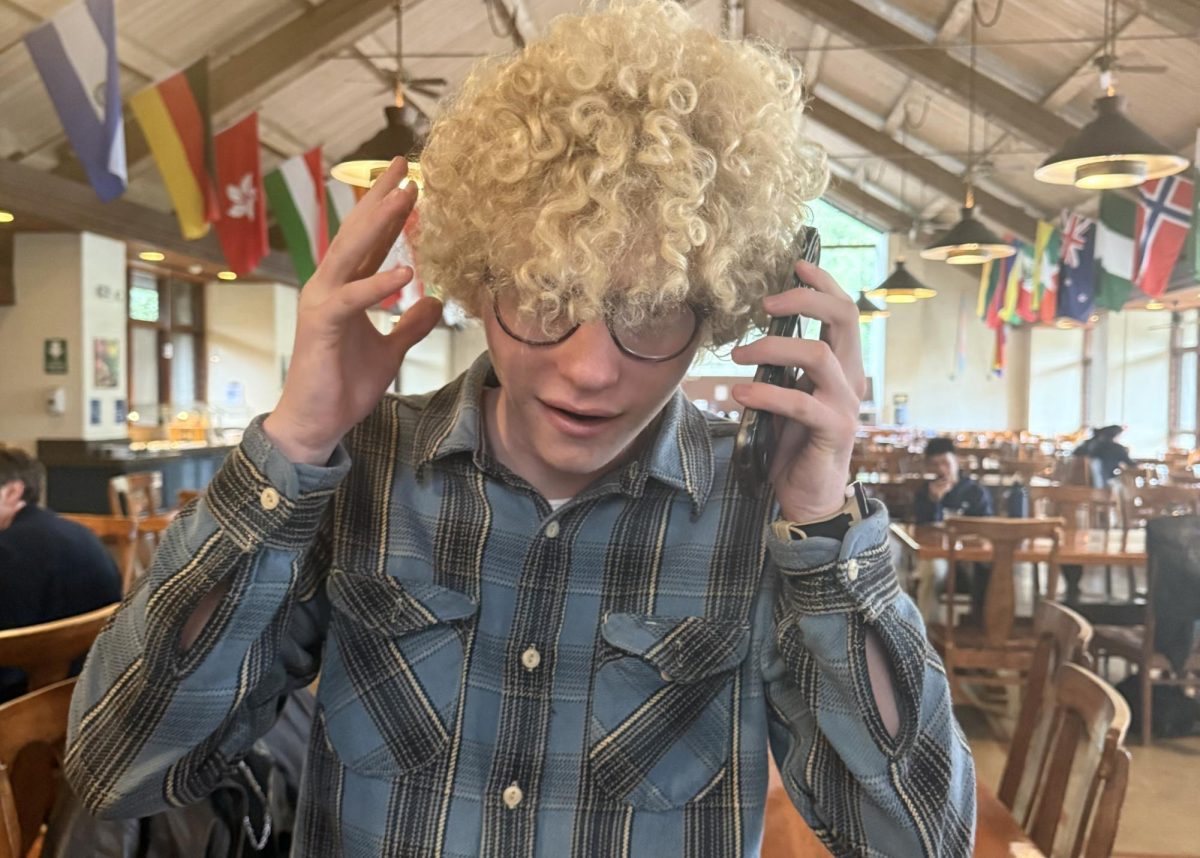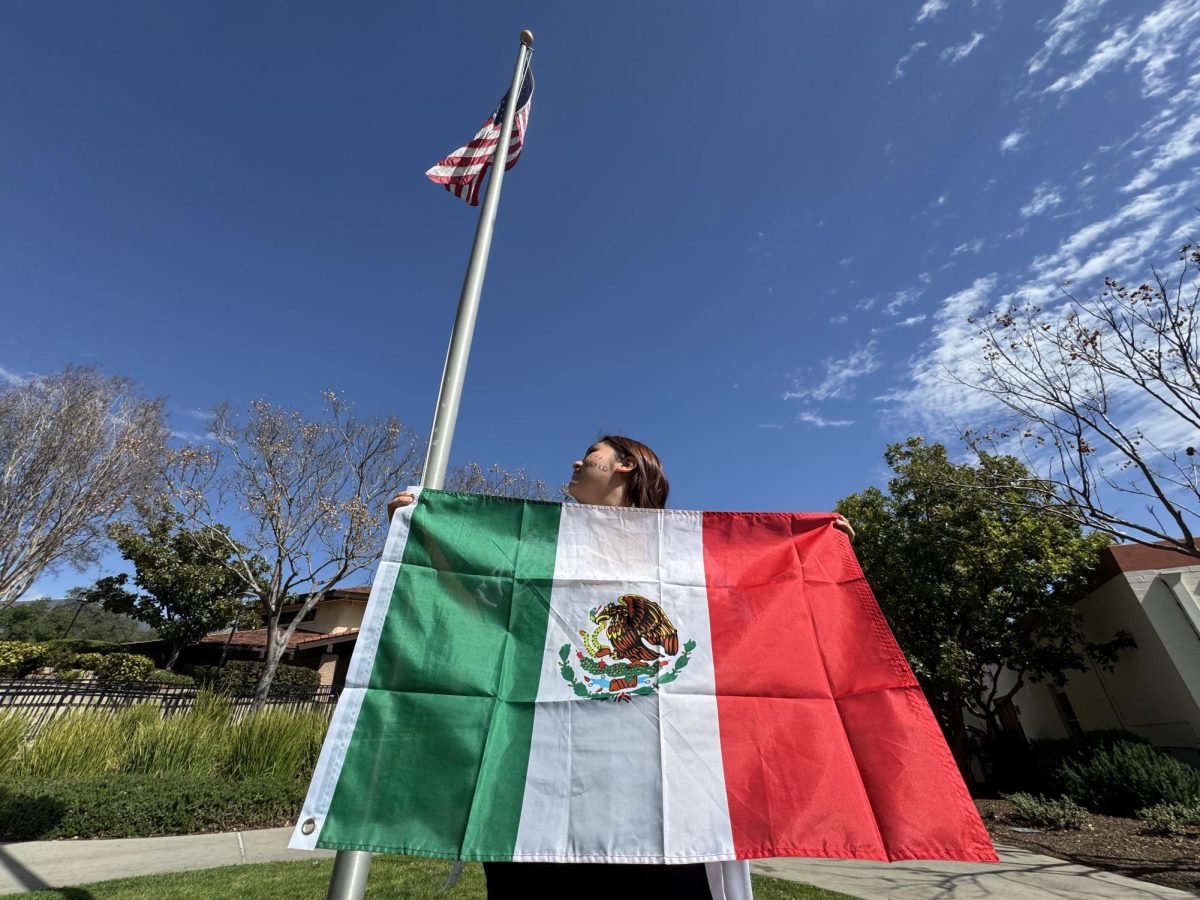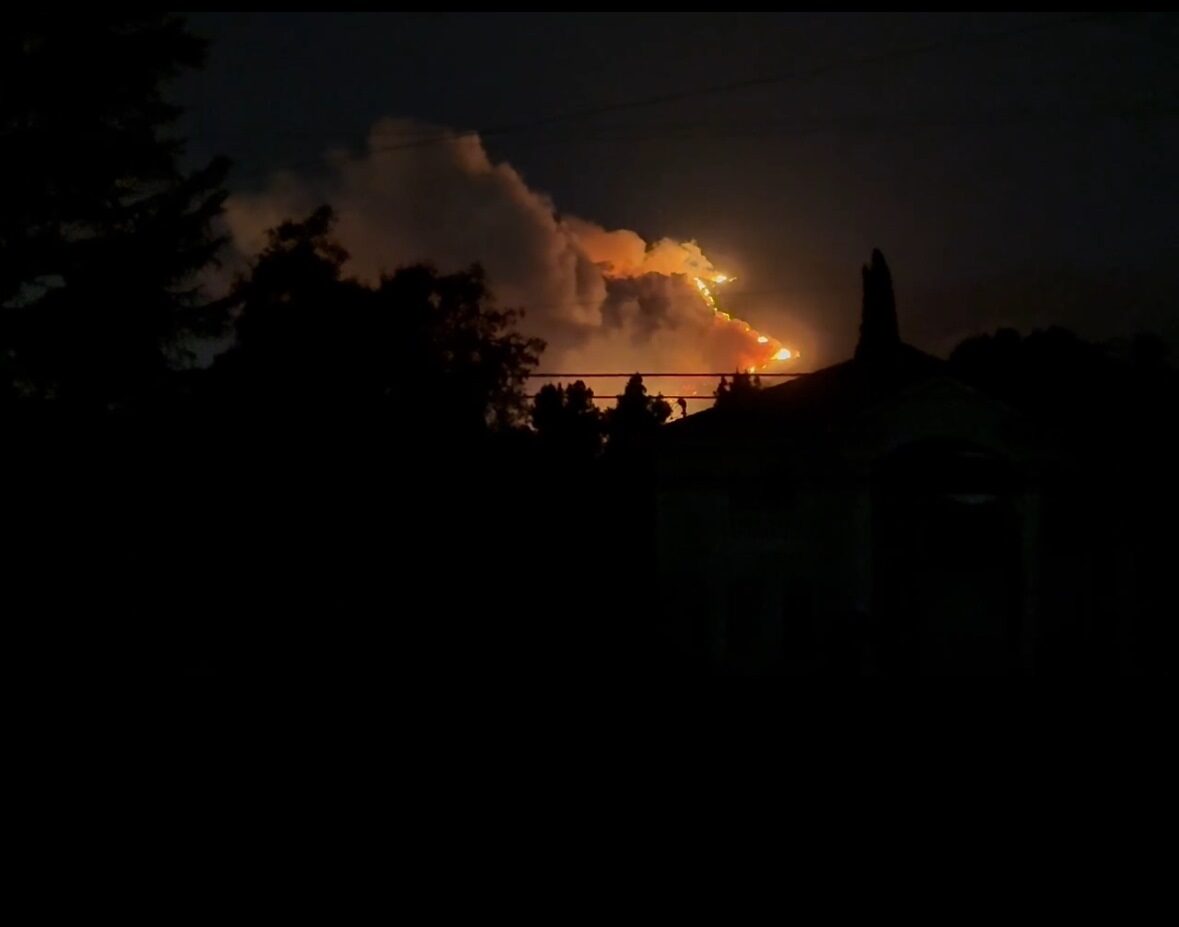Over winter break, Webbies traveled far and wide, from places as close as Claremont to destinations across the globe. While many students left to go home or vacation as soon as class was over on Friday, December 16th, others didn’t travel far until the second week of break. Unfortunately for many, their flights were delayed or even fully cancelled, resulting in a loss of time and money and creating undeniable disappointment over the holidays.
At first, this seemed to be an unfortunate consequence of the powerful winter storms wrecking the East and West coast. However, many airlines were still able to continue to operate for the most part, with the exception of Southwest Airlines.
“Southwest was able to provide my family with a flight, but with a three-hour delay until 9 p.m.,” said Jayden Kuo (‘26) who flew back from Vegas over break. Jayden said that at around 7:30 p.m., while his family was eating dinner, Southwest cancelled the flight. “We had to stay another night at the hotel, costing over $2000 a night.”
Normally, Southwest transports about 130 million people a year, specifically in North America. In the past, it has been known to be one of the most reliable, budget-friendly, and high-quality airlines in the world, and it was the obvious option for traveling within the U.S. for many Webb students and faculty.
However, in late December, Southwest faced a major crash because of a scheduling system malfunction, resulting in almost 17,000 flight cancellations leaving more than one million people stranded at airports and hotels.
Many sources, including employees of Southwest itself, say that the disaster was a long time coming, as the airline was allegedly underinvesting in its crew scheduling processes. They predicted that a big storm originally causing a small number of cancellations would snowball into a countrywide catastrophe, which is exactly what happened in the last few weeks. “Southwest struggled to recover from frigid weather after its scheduling processes failed to keep up with flight cancellations and quickly reassign pilots and flight attendants,” reported The New York Times.
In previous years, Southwest has had much lower debt and much higher profit than its competitors. Unfortunately, it has become clear that this is because Southwest has been slow to invest in new technologies and operations and software systems. So much so that during the winter 2022 crash, it scheduled thousands of flights without adequate staffing and filled cabins to bursting point, and even lost track of many of its flight attendants and pilots completely.
As for the passengers, hundreds of thousands of people were left stranded at airports far away from home, being left with no other option except to pay potentially hundreds of extra dollars on lodging, transport, and food. Southwest claimed that it will offer frequent flier points as a way of reimbursement, something that will cost the company even more money in addition to the estimated $800+ million that it has lost in the last month alone.
Webbies report on having spent extra money on drives to and from airports as well. For instance, Albert Taylor (‘26) had an early-morning flight from L.A. to Colorado that was canceled, so his family decided to make the 14-hour, 1000 mile drive instead.
“They told us the flight was canceled, and didn’t give any reason for the cancellation,” Albert said. “We decided to drive all the way there… we spent a lot of money on gas, as well as food and snacks we had to buy along the way during several stops.”
Jayden also mentioned how his family ordered a Lyft the day after their original flight was delayed, which cost them nearly $700.
For all the time and energy that this winter’s cancellations caused Webb students, there were additional consequences that they didn’t expect, even in the worst-case scenario.
“We accidentally left my brother’s bag outside the entrance of the airport building [before the scheduled flight],” Albert said. “[That] resulted in the airport staff returning it to us after cutting it open, as a part of procedure.”
After the myriad of complications that Southwest has faced, the question remains: how has public opinion of the credibility of the airline changed, and can people continue to trust Southwest?
Madeleine Moore (‘26) explained how her flight from California to Texas was delayed about an hour – a relatively optimistic situation compared to others.
Southwest is working to keep up its image of reliability through offering disgruntled customers compensation for their difficulties. Although for some, this compensation may still not be enough, others are content to accept the available reimbursement.
“I’m a bit annoyed that my flight was delayed,” said Madi. “But it doesn’t really change my view of Southwest. Especially since now they’re bound to be offering a lot of compensation for the delay, it makes it easier for my relatives to visit me out here.”
It seems that a lot depends on how Southwest will handle this situation: how much they will spend on compensating passengers, as well as investing in new technologies.
This winter’s travel catastrophe can provide all major airlines and frequent travelers a lesson. The uncertainty of post-pandemic life, combined with a historic winter storm, makes it more important than ever to ensure that we are staying cautious and prepared on both the individual and systemic level. Hopefully, in the future, Webbies will be able to go on vacation and visit their friends and family without needing to worry about their flight being an obstacle.









